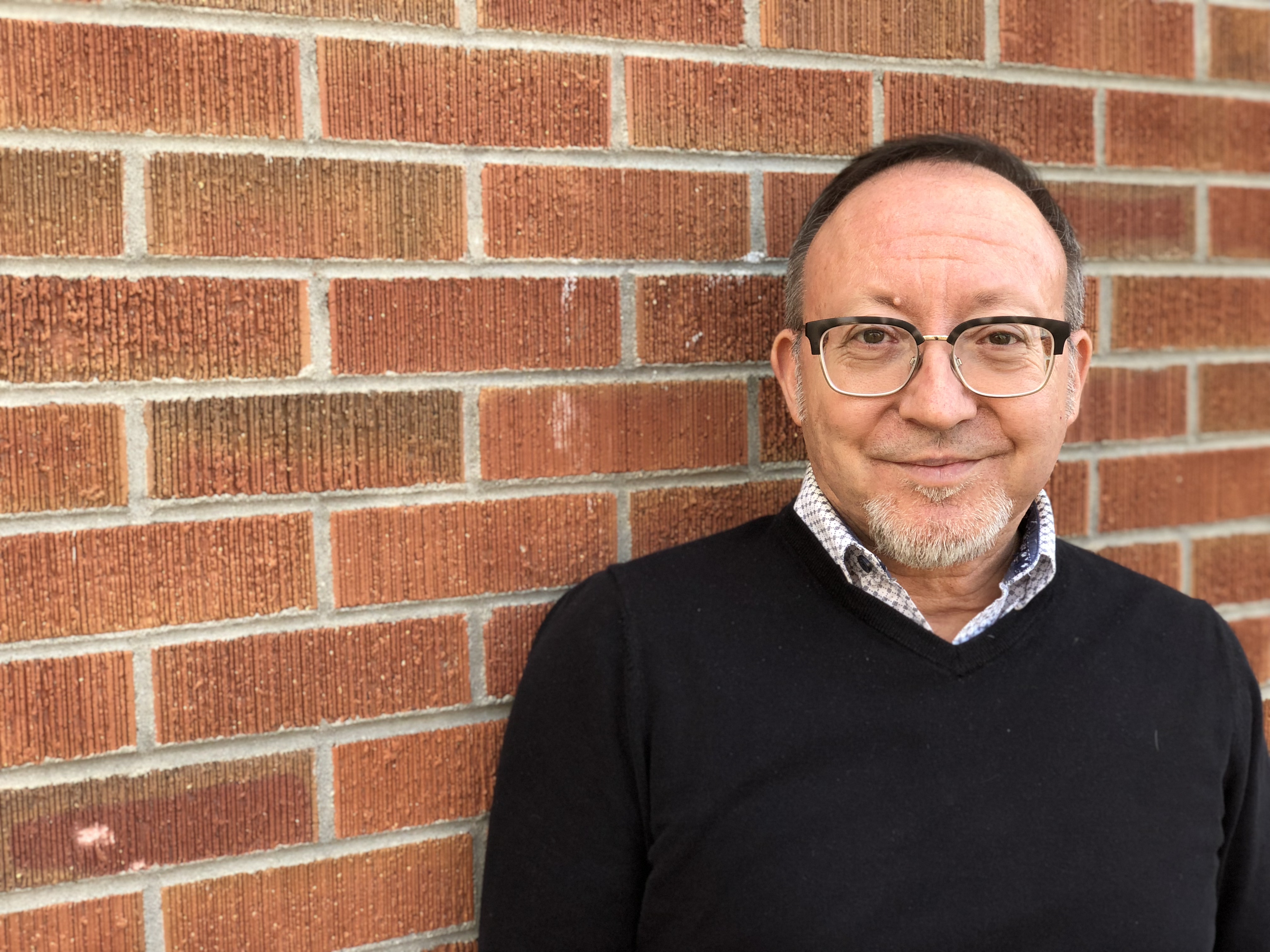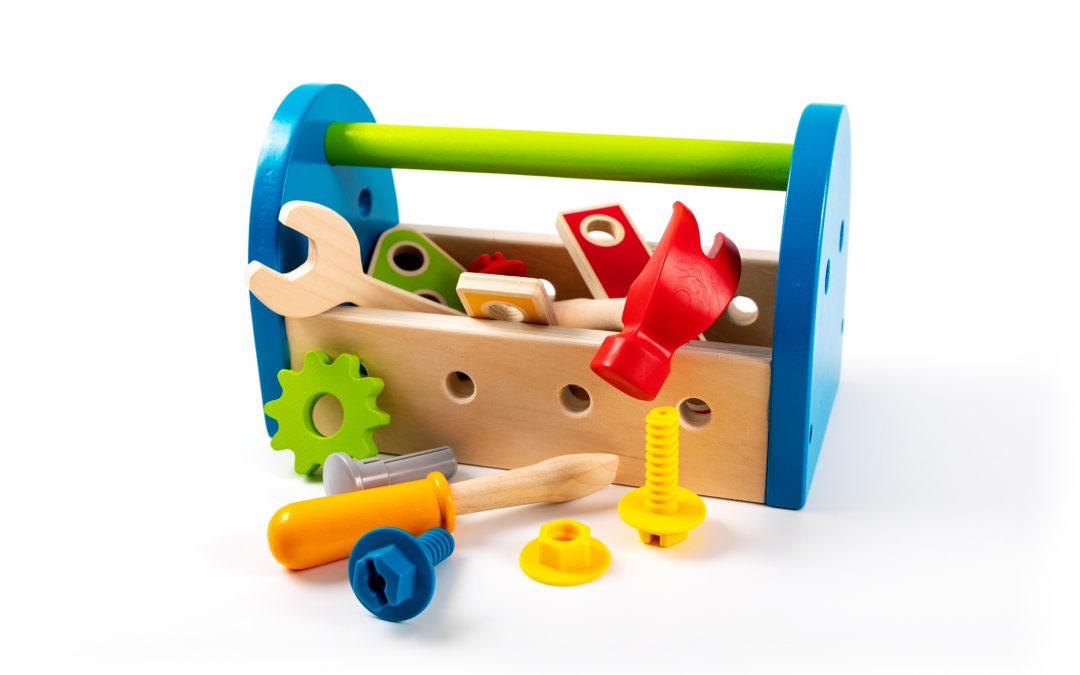“I define connection as the energy that exists between people when they feel seen, heard and valued; when they give and receive without judgement; and when they derive sustenance and strength from the relationship.” Brene Brown, The Gifts of Imperfection
Out of Sewer and into the Toolbox
In my last blog I started with a familiar quote from CS Lewis in his book The Problem with Pain. He ends his quote by saying he’d crawl through sewers to avoid pain and that most of us would follow suit. I’ve certainly done my share of crawling—how about you? Sewers are dark, cramped and stinky and our avoidance of pain can take us to similar places—like addiction. Addiction is all about avoidance. Numbing that ache, escaping boredom and evading responsibilities which require us to “show up”. Like writing a blog. Addiction is easy and it’s just plain lazy, yet the consequences of our avoidance can be mighty severe.
Now, you might think the opposite of addiction is sobriety—thank God it’s not a big dose of behavioral therapy. Our mantra which floats around the WGA community is “the opposite of addiction is connection.” We are hardwired for connection. Our very relational Creator has woven it into our very DNA. Fathoms below our coping mechanisms and wounds lie the very legitimate emotional needs we are created to have met. As in Brene’s above quote—it’s about being seen, heard and valued.
A lot of the pain we avoid can be caused by relational conflicts, perhaps being ignored, abandoned or abused. But our loneliness and relational pain can also be softened by those dear ones who value us and tangibly show our worth. So, instead of detaching from ourselves and others at the twinge of pain which makes us dive headlong into the sewer. How can we work hard at staying connected—what are some tools that might help?
Lipozene: The Good ol’ American Way
Have you seen this commercial for the most amazing weight loss product in the world? I usually chuckle when it comes on right in the middle of my favorite vintage television show. The spokespeople claim that you can still eat all your favorite foods and lose 4 times the weight. All you have to do is add a remarkable supplement of Lipozene! They promise no counting calories, no cleanses, no star diets—nothing in your life- style has to change. Isn’t it just plain human to want big personal transformations to occur without any shred of effort on our part? It’s VERY human, but I think we Americans perfected it. This is about as lazy and uncommitted as the exercise machine with electrodes you paste on your tummy. After simply laying around watching TV and having the electrodes stimulate your stomach muscles, you too can have 6 pack abs.
The point of all this product critique is if we want things to change in our lives, we actually need to do something and probably something different. Bad news huh? Even when you look at reviews of Lipozene, most of them say you can still eat your favorite foods but much less of them AND add exercise. Lots of effort and not too remarkable (WGA does not endorse Lipozene or ab shocking systems). So, to fight our tendency to avoid pain and run to our coping strategies requires that we press into doing things differently.
Your “In the Moment” Tools for Staying Connected
I hope these tools and tips are helpful right in the moment you feel like heading to the sewer and offer an opportunity to make better choices:
Replace the Behavior rather than just Stopping
Many of us work hard at “stopping” an unwanted behavior. We get into our death grip, white knuckling ruminating tune of “I’m not going to do such and such” over and over. Until we finally give in and do it again because we’ve practically been telling our brain to go there. Instead of stopping “a certain something” how might I replace it with a healthy, creative diversion? What is something life-giving that would fill your heart and soul? If this is really about the desire for connection, instead of interacting with pornographic screen people—call a friend to hang out.
Mindfulness
This term sounds kind of “Zen”, but it has Christian roots. All it means is becoming aware of what you’re simply experiencing in the moment. Pulling yourself into the present—and isn’t that where Jesus dwells? Often, we are distracted, harried and in front of a screen. It’s quite refreshing to just pause in all the chaos of life, take a breath, look at the sky, connect with God and feel the wind. We are less likely to seek out pleasures through addictive behaviors when we are enjoying life for it’s own sake. And instead of numbing our feelings, we are present to our emotions and choices—with hopes of better stewarding them.
What’s the Legitimate Need Underneath the Compulsion?
I often quote my buddy and old-timey saint, Thomas Aquinas–“Underneath every sinful behavior is a legitimate God-given appetite.” I love it. So, our crappy rebelliousness is only a piece of the puzzle? The other side of our sin can be driven by an unmet legitimate need, which God would like to meet. I know when I’m on the verge of some bone-headed decision, just taking a step back is helpful. I ask God—“what real need is under this compulsive feeling?” There’s a golden opportunity to meet that longing in a healthier way.
Let Someone into the Struggle—Connection
To be honest, I don’t usually want to let someone into my struggle—that would keep me from getting what I want in the moment. Not great motivation, for sure. But the reason most sincere accountability programs fail is how unrelational they can become for the participants. What boils down to a desire for helping and supporting one another, can turn into a robotic laundry list of just naming all the bad things we did this week. Can you think of the people who are cheering you on—the “for you” people in your life? It requires vulnerability (which we’re not thrilled about) but finding someone to talk about these various nuances under and around addiction is important.
Self-Care
I think the hardest thing in life is merely taking care of myself. I don’t know why, but doing the basic things of getting enough rest, eating well and exercising are like pulling teeth. Speaking of teeth, it’s an effort to keep frequent doctor and dentist appointments also, but I’m getting better at as I get older. When we’re not taking care of ourselves by using quick fix methods for all of the above, it’s easier to find quick fix ways to meet our needs. Caring and nurturing yourself means you are worthy of care. You’re not a super-hero and have boundaries and limits and that is a good thing.
Union with Christ
Remember the Holy Spirit lives in us? We have His strength and presence in our lives. He intercedes our deepest, wordless groans into prayers (thank God). God sees who we really are and doesn’t define us by our sin (again praise Him!). We have many spiritual helps we can turn to when temptation allures us—prayer, spiritual disciplines, putting on our armor and warfare (Ephesians 6:10-18). There also is the more straightforward tactic when tempted—run like H-E-double hockey sticks. 1 Corinthians 6:18 talks about fleeing sexual immorality. Our Lord knows there are times when it’s just good to get out of Dodge.
Yikes Vulnerability!
What do you think can be the common denominator underneath all this avoidance of pain and running to our coping mechanisms? Control—we want to be the one in control. How’s that working out for ya? I know when I’m in charge of my life, it really doesn’t go very smoothly. It’s a down right disaster, really. For years my addictions actually helped me survive a lot of pain—there was a lot of hurt, rejection and loneliness that needed to be numbed. But, eventually the addictions became harmful, dangerous and in the way of who God was creating me to be.
To let go of control means opening up yourself to vulnerability. Shedding those things you wrapped yourself up with, seeking to connect in real ways and trying healthier ways of living can be VERY scary. Vulnerability is scary. Still, we must be vulnerable to reach any kind of authenticity and real relationship. I hope that’s good news instead of bad. We’ve discussed some “in the moment” tools to stay connected. In my next blog we’ll talk about more “long term tools”—stay tuned.

Scott Kingry
Program Director
Make a Difference in Someone's Life
If you enjoy reading WGA’s blogs and would like to show your support, please consider making a donation. Where Grace Abounds is a 501(c)3 non-profit organization. The majority of services, including support groups and discipleship counseling, are provided free of charge. Your financial gifts help to cover the costs associated with offering a free program to those who seek WGA’s services.

